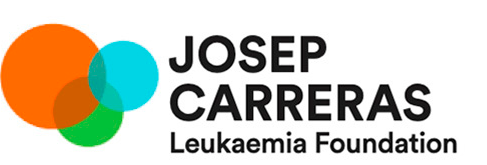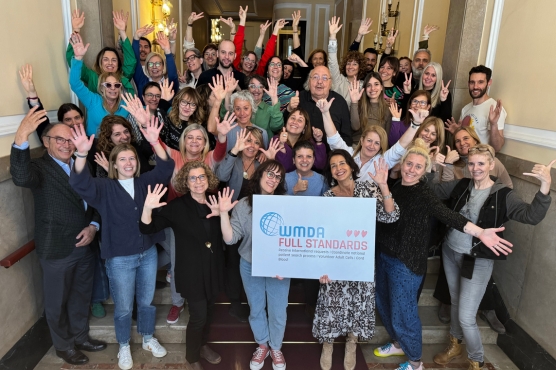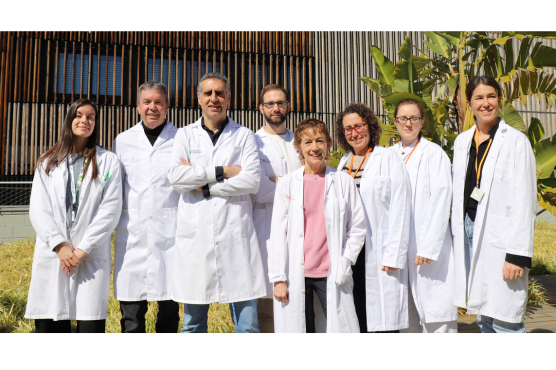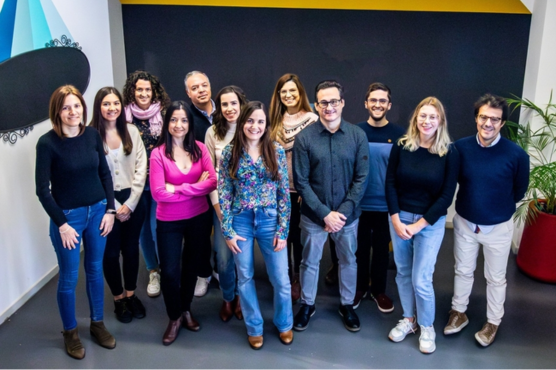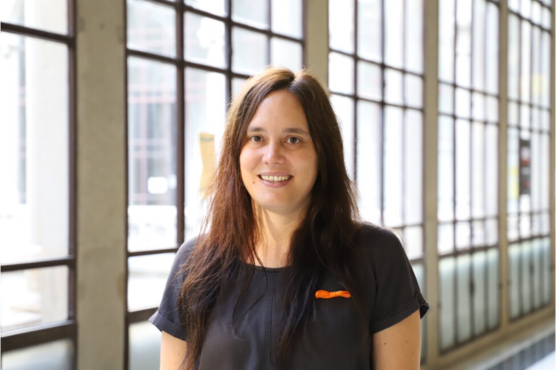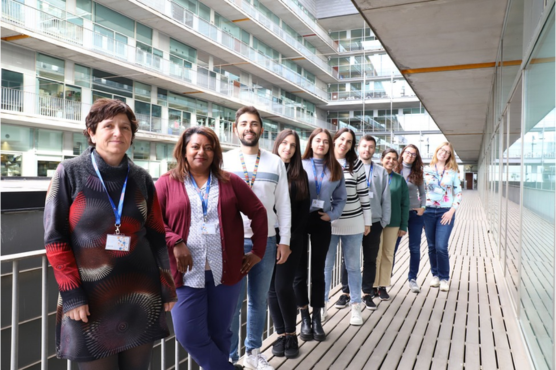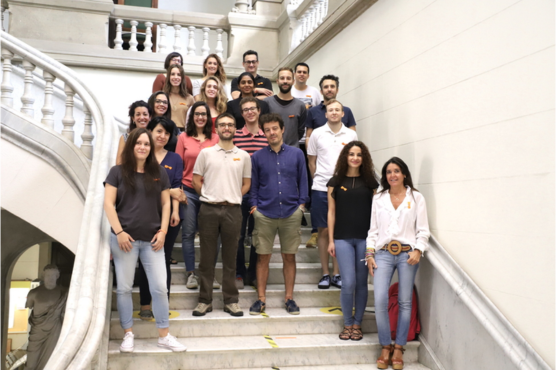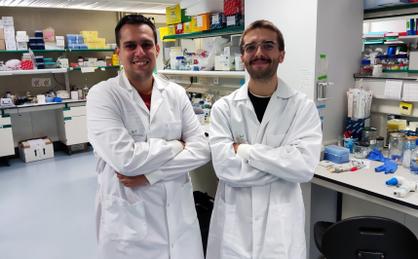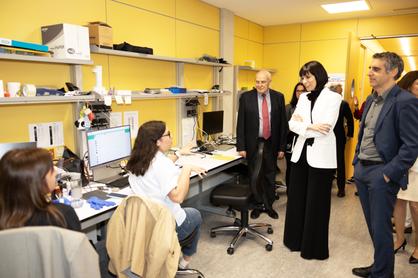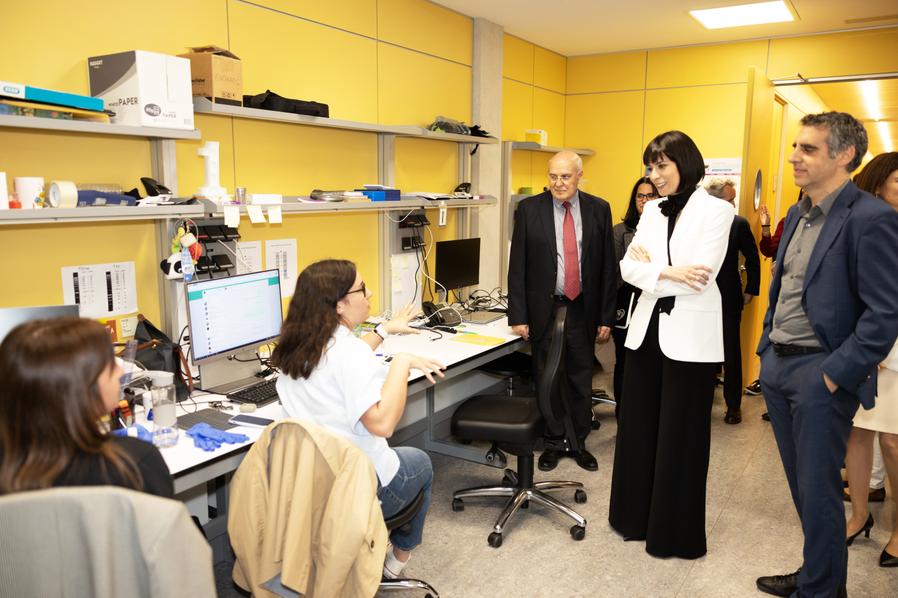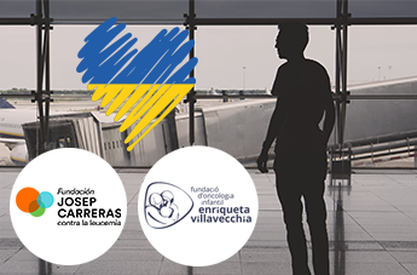► El Registro de Donantes de Médula Ósea (REDMO), de la Fundación Josep Carreras, designado por el Ministerio de Sanidad como el único registro de donantes español, acaba de recibir la certificación de la World Marrow Donor Association (WMDA). Esta entidad aglutina a los 101 registros de donantes de médula ósea de todo el mundo.
► Esta certificación internacional reconoce al REDMO como un referente de calidad.
► El REDMO cuenta con 484.175 donantes disponibles, procedentes de todas las comunidades autónomas, y ha hecho posibles 13.576 trasplantes para pacientes de todo el mundo.
► Cada vez más hospitales de todo el mundo eligen a un donante español como el ideal para sus pacientes gracias a la calidad de servicio que ofrece el REDMO.
La certificación obtenida acredita que el REDMO desarrolla cada etapa del proceso de trasplante, desde la captación del donante hasta el seguimiento tras la donación de progenitores al paciente, cumpliendo con los más exigentes estándares internacionales de calidad. Al mismo tiempo, evidencia el máximo cuidado que la Fundación Josep Carreras contra la Leucemia presta al donante para asegurar su seguridad y bienestar.
Mediante este programa, la Fundación consigue ofrecer uno o más donantes compatibles para los pacientes que precisan un trasplante y no disponen de un donante familiar compatible, en un periodo medio de 27 días.
Este reconocimiento supone:
* Una mayor visibilidad de los donantes españoles en las bases de datos nacionales e internacionales.
* Una validación de los procesos internos del REDMO y de las entidades colaboradoras (bancos de cordón, centros autonómicos de donantes, centros hospitalarios de colecta de progenitores hematopoyéticos y centros de trasplante) de todas las comunidades autónomas.
* Una nueva certificación de calidad de los progenitores hematopoyéticos que el REDMO suministra a los pacientes en los centros de trasplante.
En febrero de 2019 se consiguió el primer paso, la «calificación» del REDMO, con una validez de cuatro años. En 2023 se solicitó pasar el siguiente y último paso del proceso, la certificación.
El pasado mes de diciembre, el REDMO recibió la visita de los certificadores internacionales de la World Marrow Donor Association (WMDA), a fin de verificar in situ el rigor del trabajo que este desarrolla en todos los ámbitos: promoción de la donación, colaboración con los centros de donantes implicados, hospitales y equipos de trasplante, registros y hospitales internacionales, servicios de transporte y, muy especialmente, cuidado y atención al donante.

